 |
 |
 |
 |
 |
 |
 |
 |
 |
 |
|
KICP Workshops & Events
|
KICP Lectures, Talks, & Events, 2016 LIGO update on the search for gravitational waves February 11, 2016 | 9:30 AM | ERC 161 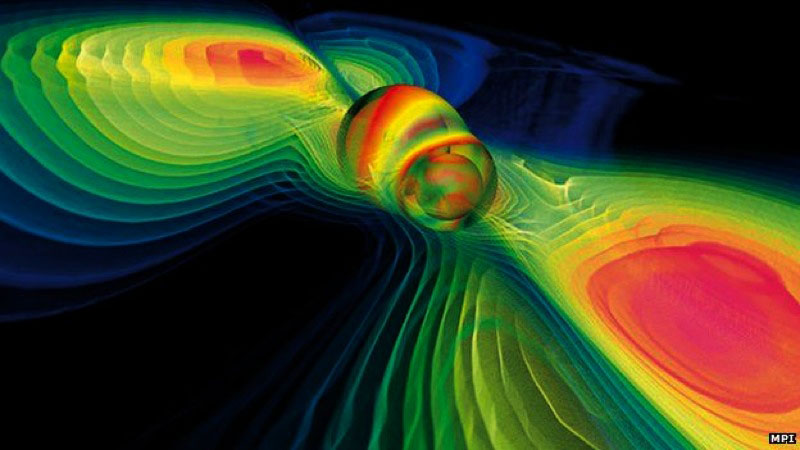 This year marks the 100th anniversary of the first publication of Albert Einstein's prediction of the existence of gravitational waves, which are ripples in the fabric of spacetime. The advanced Laser Interferometer Gravitational-wave Observatory (LIGO) has been designed to search for these waves, and has just finished its first science run. We will be hosting an event to provide an update on efforts to detect gravitational waves. The event will begin with a live stream of a press conference hosted by the National Science Foundation, immediately followed by a Q&A panel led by Associate Professor and LIGO member Daniel Holz and featuring Ben Farr, McCormick Postdoctoral Fellow in the Enrico Fermi Institute; Hsin-Yu Chen, graduate student in the Astronomy & Astrophysics; and Zoheyr Doctor, graduate student in Physics. I hope you are able to join us for coffee and a live stream of a press conference and the discussion. Rocky Kolb *Dean of the Physical Sciences* Related Links: KICP Members: Ben Farr; Daniel E. Holz; Edward W. Kolb KICP Students: Hsin-Yu Chen; Zoheyr Doctor C2ST Speakeasy: Ritoban Basu Thakur, "Dark Matter -- The Dark Path to our Being" February 16, 2016 | 7:00 PM | Geek Bar Chicago, 1941 W North Avenue, 60622 Chicago, IL Website Everything we see today, our precious atoms and molecules, got here by traveling on swaths dark matter. From the oscillations of the hot plasma of the primordial universe, to the formation and dynamics of modern galaxies, dark matter plays a necessary role. The very construct in which we sit is defined by its abundance. Our universe’s evolution is controlled tightly by a cosmic tug-of-war between dark matter and dark energy. Thus understanding dark matter is not only important to explain the past and the present, but also the future trajectory of our universe. It has been over 80 years since its discovery, and we have yet to “see” dark matter directly. This talk will discuss how we came to know about dark matter and the multitude of concordant observations. Next, we will discuss our best ideas regarding the nature of dark matter and detection strategies being pursued world-wide. Dr. Ritoban Basu Thakur is an experimental cosmologist at the Kavli Institute for Cosmological Physics (KICP), at the University of Chicago. His research focuses on understanding early universe physics by precise measurements of the cosmic microwave background, and progressing experimental techniques toward terrestrial detection of dark matter. To this end, he is developing novel detectors and analyzing observational data collected via these detectors. Dr. Basu Thakur obtained his PhD in Physics from the University of Illinois at Urbana Champaign. The crux of his PhD research, on dark matter, was carried out at the Fermilab Center for Particle Atrophysics. He was URA fellow and graduate student association officer at Fermilab. He got his B.S. in Physics, and graduated Phi Beta Kappa (liberal arts and sciences) from Dickinson College. Read more >> Related Links: KICP Members: Ritoban Basu Thakur Computations in Science Seminar: Daniel Hooper, Fermilab, "Uncovering the particle nature of dark matter" March 2, 2016 | 12:15 PM | KPTC 206 A wide range of observations support the conclusion that most of the matter in our universe is not made of protons, neutrons, or electrons, but of some other substance or substances that do not interact electromagnetically or through the strong nuclear force. For a lack of a better name, we simply call this stuff "dark matter". I'll discuss some of our best hypotheses for what dark matter might be made of, and the experimental program designed to test this list of possibilities. I'll focus in particular on searches for dark matter annihilation products using gamma-ray telescope, which may have already seen the first evidence of particle dark matter interactions. Related Links: KICP Members: Daniel Hooper Broader Horizons: Korey Haynes, associate editor at Astronomy Magazine May 19, 2016 | 4:00 PM | ERC 401 After completing my PhD at George Mason University studying exoplanets, I joined the staff of Astronomy in December 2014. Astronomy is the largest general level magazine of its type, serving fans of both the science and hobby sides of the field. As an editor, I work closely with scientists and science writers to make stories ready for publication, write for print and the web, and manage large tracts of our website. I will talk about my experiences in the field, and address specifically the transition from scientist to science communicator. Related Links: KICP Students: Ross Cawthon The Future of Cosmological Physics: Scott Dodelson, "Cosmic Coda" June 1, 2016 | 3:00 PM | ERC 161 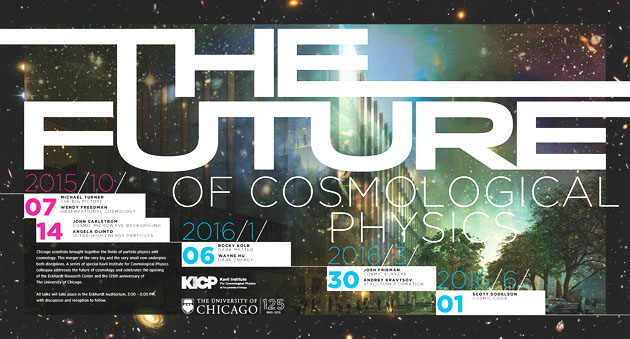 All talks will take place in the Eckhardt Auditorium, 3-5PM, with discussion and reception to follow.
Related Links: KICP Members: John E. Carlstrom; Scott Dodelson; Joshua A. Frieman; Wayne Hu; Edward W. Kolb; Andrey V. Kravtsov; Angela V. Olinto; Michael S. Turner The 2016 Summer Kavli Fulldome Lecture: Michael Turner, "From The Big Bang To The Multiverse And Beyond" July 31, 2016 | 11:00 AM | Adler Planetarium Website We know the Universe began 13.7 billion years ago in an explosion of space called the Big Bang. We also know that the gravity of dark matter created the galaxies and other cosmic structures we see today from tiny quantum fluctuations that arose just after the Big Bang. Yet some big questions remain. Is our Universe part of a larger multiverse? What is speeding up the expansion of the Universe? Theoretical astrophysicist Michael Turner has devoted his life and research to the pursuit of the answers to these questions. On July 31, the esteemed University of Chicago Professor will return to the Adler Planetarium for a reprise of the lecture that he delivered to a sold-out crowd on May 5. In a dazzling, fulldome presentation custom-made by the Adler's Space Visualization Lab, this presentation will illustrate what we know and how we know it, as well as the big ideas and puzzles of cosmology today. As an important feature of the Kavli Fulldome Lecture Series, Turner's presentation will be live domecasted from the Adler to other planetaria around the country and the world. Stay tuned as locations are added. About Michael Turner Michael S. Turner is a theoretical astrophysicist and the Bruce V. and Diana M. Rauner Distinguished Service Professor at the University of Chicago. He is also Director of the Kavli Institute for Cosmological Physics at Chicago. Turner helped to pioneer the interdisciplinary field of particle astrophysics and cosmology, and has made seminal contributions to the current cosmological paradigm known as "LambdaCDM", including the prediction of cosmic acceleration. His current research interests are dark matter, dark energy and inflation. Turner has won numerous prizes and is a member of the National Academy of Sciences. About The Kavli Fulldome Lecture Series The Kavli Fulldome Lecture series takes audiences on a journey to the very edges of human knowledge. Adler experts and leading scientists work together to create dazzling, animated images of real data, which are projected onto the planetarium dome during the lectures. Audiences don’t have to imagine what an equation might tell us about the Universe's distant past, they can travel back in time and see it with their own eyes. Sponsor: The Kavli Foundation Read more >> Related Links: KICP Members: Michael S. Turner Screening & Discussion: STARMEN September 23, 2016 | 6:30 PM | Doc Films/Max Palevsky Cinema, Ida Noyes Hall Website The screening will included a conversation with Director Alison Rose, Kavli Prize Laureate Donald Lynden-Bell, KICP Director Michael Turner, and KICP associate director John Carlstrom. Sponsored by: The Kavli Institute for Cosmological Physics (KICP) and The Kavli Foundation STARMEN Read more >> Related Links: KICP Members: John E. Carlstrom; Michael S. Turner EFI colloquium: John Carlstrom, "Cosmic Microwave Background measurements through the Next Decade" September 26, 2016 | 4:15 PM | ERC 401 We will review the current status of cosmic microwave background (CMB) measurements and the planning for the experimental program for the next decade. The talk will focus on the science case and the path forward for the stage 4 ground - based experimental program, CMB - S4, as recommended by P5. The upcoming extremely sensitive CMB measurements will allow us to stringently test the cosmological model and investigate extensions to it. We will be searching for inflationary gravitational waves and rigorously testing single field slow roll inflation, determining the neutrino mass scale, searching for new relic particles, mapping the universe in momentum, investigating dark energy, testing general relativity and more. Related Links: KICP Members: John E. Carlstrom A Celebration of the Life and Work of James W. Cronin September 30 - October 1, 2016 | Chicago, IL Website | Photo Gallery A Celebration of the Life and Work of James W. Cronin Friday, September 30, 2016 2:00 p.m. Science Symposium William Eckhardt Research Center, Room 161 5640 S Ellis Avenue, Chicago, Illinois Saturday, October 1, 2016 10:30 a.m. Memorial Service Reflections from family, friends, and colleagues Rockefeller Chapel 5850 S Woodlawn Avenue, Chicago, Illinois 12:00 p.m. Reception Luncheon Ida Noyes Cloister Club 1212 E 59th Street, Chicago, Illinois Read more >> Related Links: KICP Members: James W. Cronin Physics colloquium: Carlos Wagner, University of Chicago, "Understanding the Origin of Mass and Matter" October 27, 2016 | 4:00 PM | KPTC 106 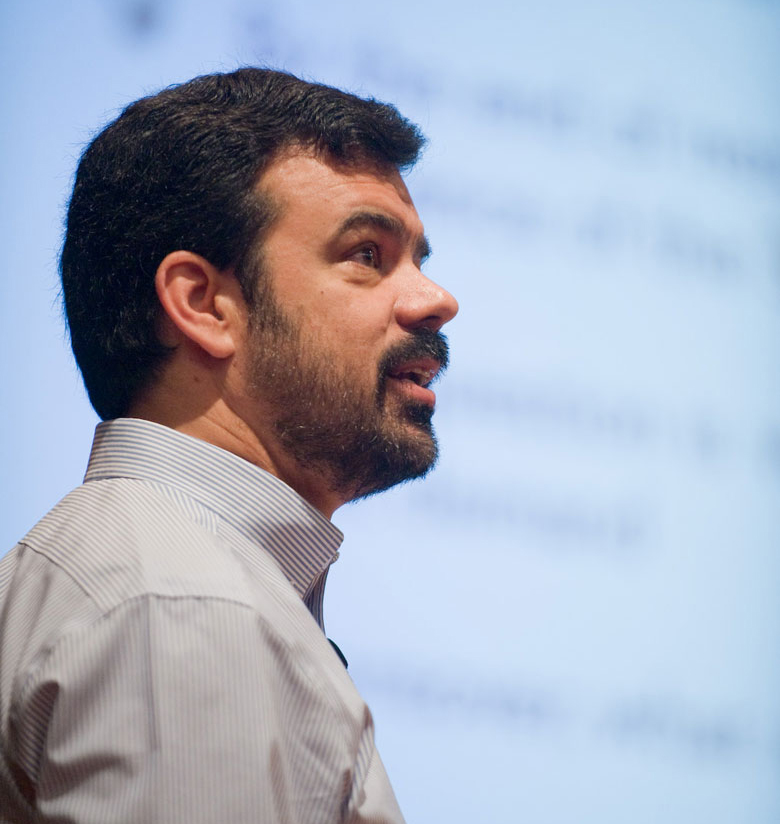 Related Links: KICP Members: Carlos E. M. Wagner |


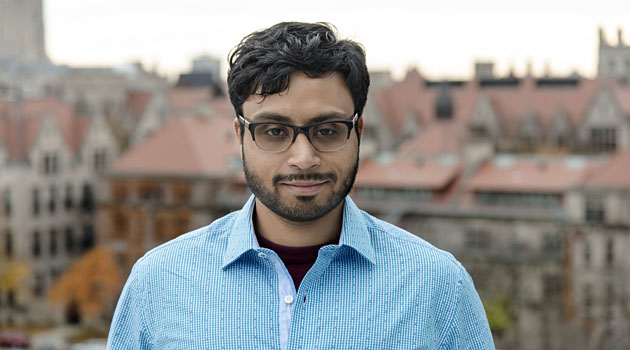
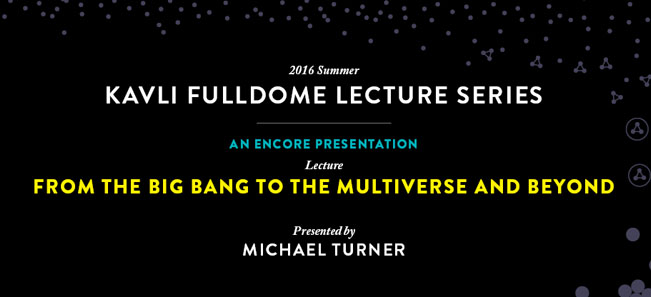
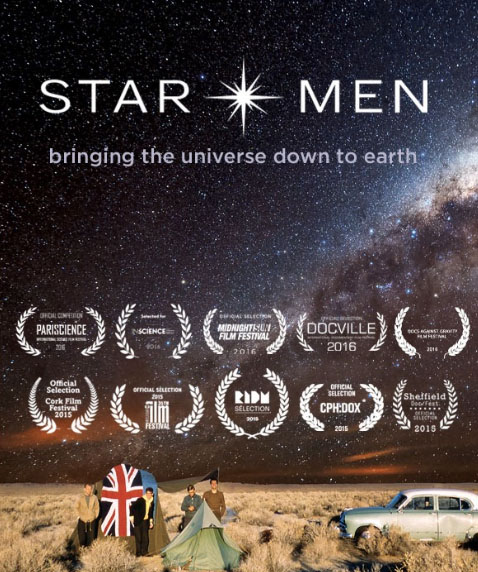
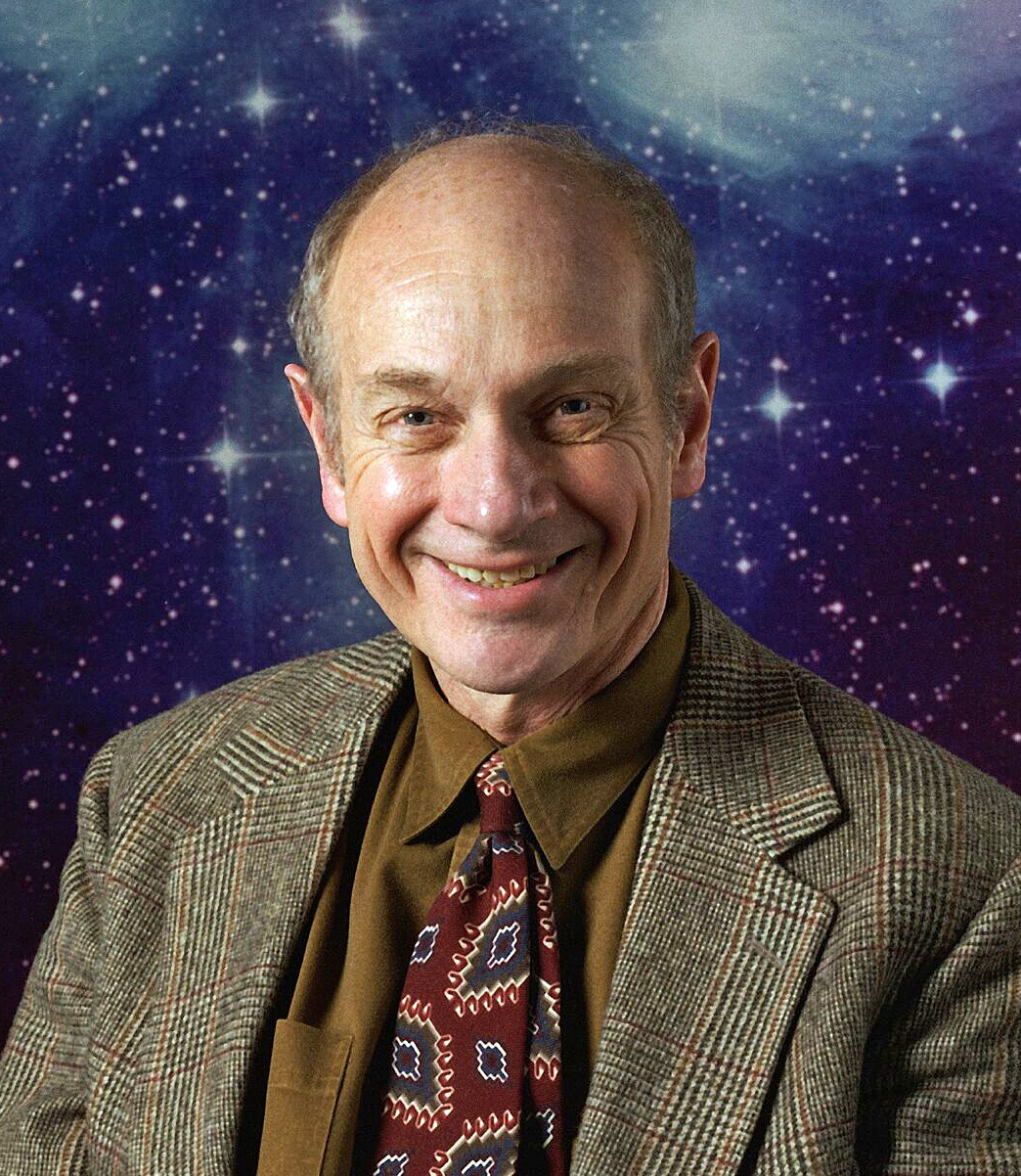



 Overview
Overview